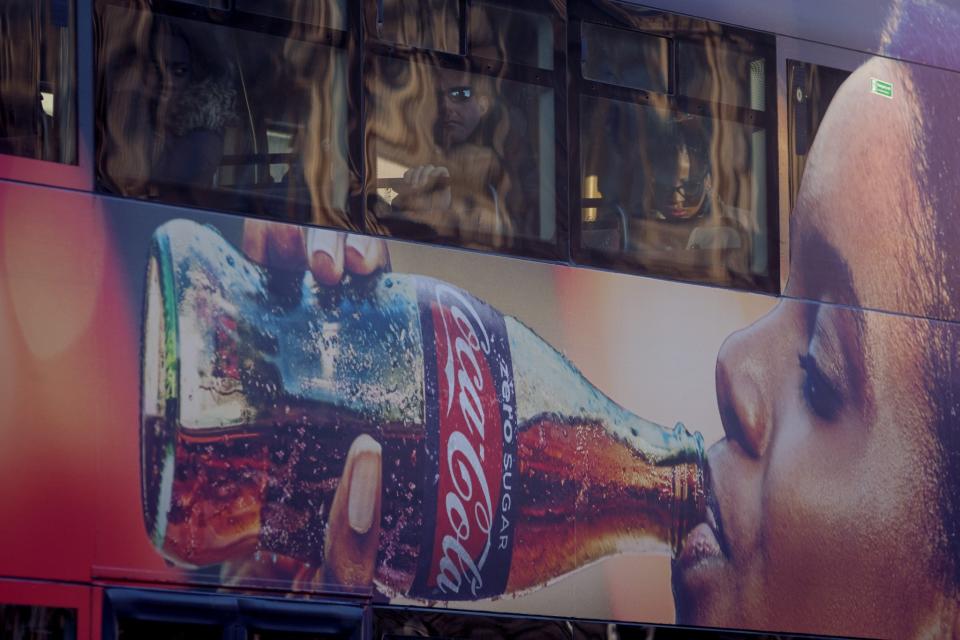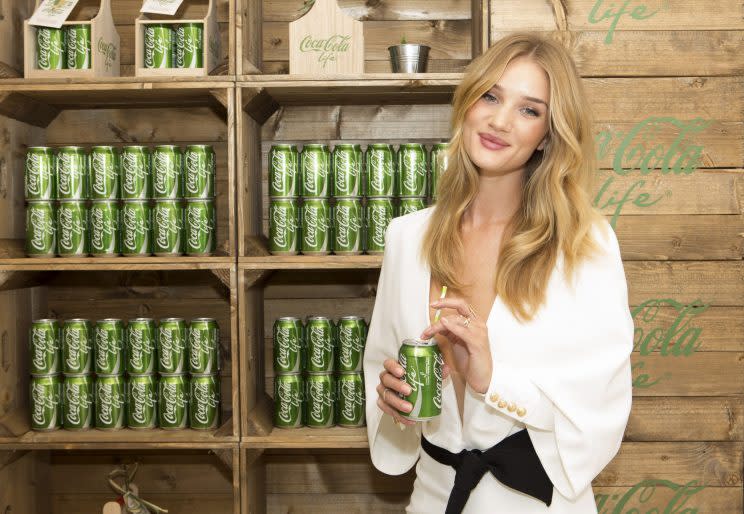Coca-Cola's love affair with UK consumers fizzles out as profits drop

Iconic drinks brand Coca-Cola has confused its loyal customers by offering too many products and pitching them at too broad an audience.
Industry analysts say the US giant needs to get back its focus on what works well with certain groups.
It follows news of a 20% drop in profits for the last quarter and plans to axe more than 1,200 jobs as the struggle to adapt to an increasingly health conscious market continues.
The company expects to see the results of a turnaround in 2018 and 2019, but experts question whether its plans go far enough.

“Coca-Cola has really lost sight of who its target customers for low-sugar variants are,” said marketing expert Andy Brent, author of The Growth Director’s Secret.
“The group has skewered its solid Diet Coke offering to image conscious women by undercutting it with Coke Life and Coke Zero a more upmarket female segment and men.
“Coca-Cola has overcrowded and confused its sweet spot offering and turned customers off, as evidenced by its withdrawal of Coke Life from the UK market earlier this month. It must tackle the problems in this part of its portfolio if it is to succeed.”
Coke Life was sold in a green can or bottle and contained a third less calories than normal Coke. It was sweetened using a blend of sugar and plant extract stevia. But sales flopped in the UK and a decision was taken to pull the brand from June.
READ MORE: NHS could ban sugary drinks from hospital shops
READ MORE: Charging punters for their takeaway coffee cup could cut waste by 300 million a year
Now Coca-Cola has turned to radical internal restructuring to get sales and income fizzing again.
Not only will Fransisco Crespo take over as chief growth officer with executive accountability for ensuring growth across markets and categories, Coca-Cola will hive off its R&D division and make it a direct report to the new CEO James Quincey.
“[Crespo] also needs to re-establish discipline in market segmentation, focusing on key moments and customer groups and chasing them obsessively, rather than trying to be everything to everyone,” added Brent.
“When you lose focus, you lose sales and Coca-Cola needs to get back to winning.”
A more health conscious consumer, impending sugar tax on soft drinks, and the rise of sports energy drinks and bottled water has severely affected sales of fizzy drinks in the UK and beyond.
Leading market commentator The Grocer recently reported that 216 million fewer litres of the classic red Coke were sold in EU in 2015, while the UK sold 8.2m fewer litres.
While the UK soft drinks market is worth about £14bn, the sugar tax, due to be introduced in 2018, is likely to have a severe effect on sales, a report by analysts Mintel shows.
It says that 53% of non-diet (sugary) carbonated soft drink consumers say that they would cut back or stop drinking them if the price rose.
It’s been predicted the sugar tax could add 8p to a can of fizzy drink, or 24p to a litre of pop.
Recent health scare headlines about diet fizzy drinks being linked to dementia further erodes confidence in the products.
Coca-Cola Enterprises, the Coke bottler in the UK, has the biggest share of the UK market, about 20%, and 40% of its carbonate sales.
However, the UK is less than 2% of the company’s overall business. Britvic is the second-largest producer, with 13% of the soft drinks market.
“The soft drinks industry continues to lead the way in reducing sugar and calorie intake from its products,” says Gavin Partington, director general of the British Soft Drinks Association.

 Yahoo Finance
Yahoo Finance 
